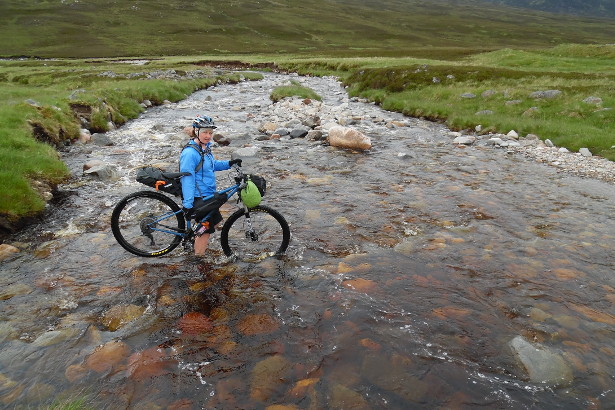
A couple of weeks ago, I (Laura) gave a talk in Leeds as part of the Pedalling Ideas festival, an event which celebrated bike-based ideas. I was there to represent The Adventure Syndicate, an organisation which aims to encourage people, particularly women and girls, to achieve more. Our mission is to inspire, enable and encourage, showcasing the achievements of phenomenal women such as Lee Craigie, Emily Chappell and Juliana Buhring.
My Pedalling Ideas talk was preceded by Jet McDonald, a cyclist and author who talks on cycling and philosophy, using parts of his bike to illustrate his ride through Eurasia and the transition from Western to Eastern philosophy. (It sounds unlikely, but it’s brilliant. If you want to know more, consider pre-ordering a copy of Jet’s book). Jet talked us through the separation between the mind and the body which is inherent in Western philosophy, underpinned by the Cartesian maxim of ‘I think, therefore I am’. The mind and the body: two distinct concepts.
When cycling, Jet argued, this is a fallacy. The mind and the body are intimately intertwined.
The body affects the mind: the physical exercise releases feel-good endorphins; the repetitive rotation of the pedals eases your mind into ‘the zone’; and the hard labour dissipates stress.
The mind enables the body to push harder, further, faster. My legs ache: my mind pushes me on. I have nothing left to give: my mind pushes me on. I want to give up: my mind pushes me on.
The cyclist’s mind and the cyclist’s body: one singular concept.
Jet’s talk led me to an epiphany. A key message of The Adventure Syndicate is this:
You are capable of more than you think.
Exactly.
I was terrified about crossing the Alps when we first set off to cycle the world, but three months later, I was crossing bigger and steeper mountains without a second thought.
I was worried about cycling The North Coast 500 with a bunch of strangers, but I loved it, and now dream of Scottish coast roads.
I was pretty sure my MTB skills weren’t good enough to go off-roading through the Cairngorms, but it was the most interesting week of cycling I’ve ever done (despite pushing through heather for 5 miles).
The common thread running through all of these is that I was capable of more than I originally thought. My mind willed my body on, and I achieved something which felt special to me. Mind and body could not be separated: I was capable of thinking, which meant I was capable of doing.
To return to Jet’s talk, I think it’s time we re-write Western philosophy.
It’s not so much ‘I think, therefore I am’.
It’s more like:
I think, therefore I can.
What do you think? Please do add your thoughts below…